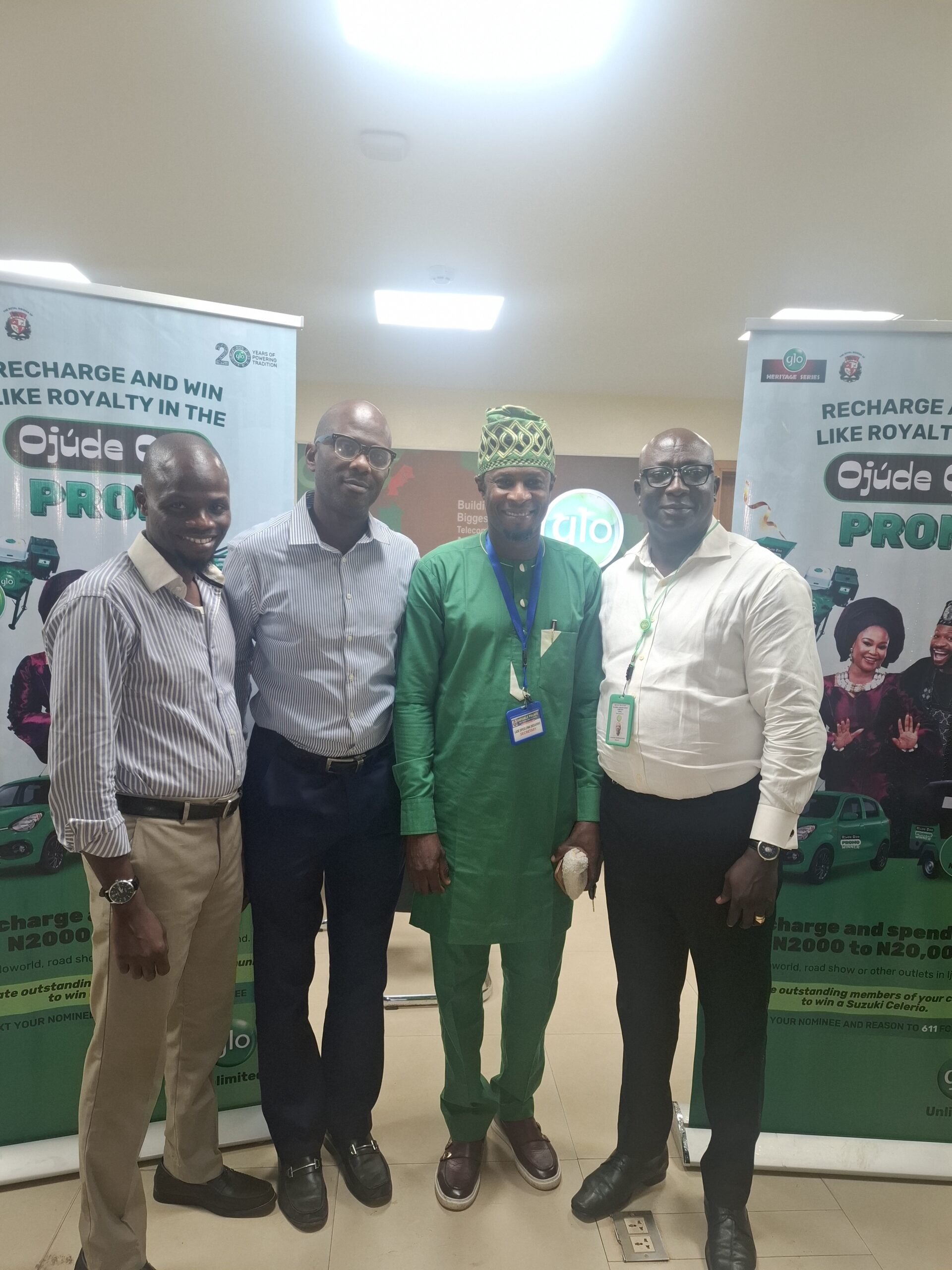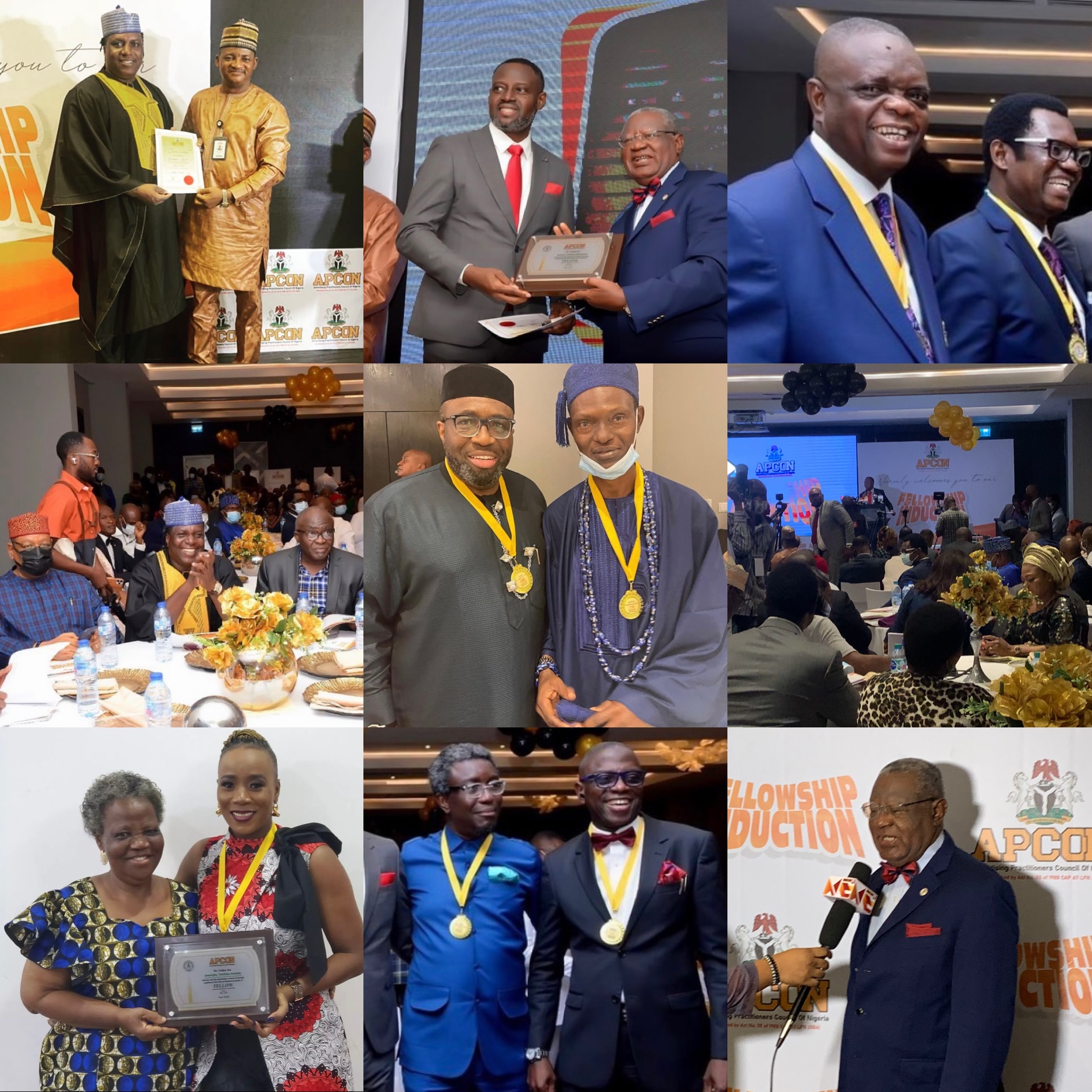Philip Ugbah, Head, Corporate Accounts and Financial Services, BHM.
Consistently ranked Africa’s most populous nation and among its largest economies, in terms of Public Relations, Nigeria comes with an obvious paradox: it is a country whose image is arguably in need of laundering, yet also home to one of the fastest-growing PR markets worldwide.
Nigeria’s PR industry has been through five eras, as outlined in research by Olutayo Otubanjo, Senior Lecturer at Pan-African University, Lagos and Olusanmi Amujo of the Nigerian Institute of Public Relations (NIPR).
These are: the public enlightenment era (1859 to late 1930s); broadcasting (late 1930s); political propaganda (late 1930s to mid-1940s); public information (1945 to early 1960s) and the current professionalization era (early 1960s to late 2000s).
Most instructive is Tampiri Irimagha-Akemu’s synopsis of the latter half of this professionalization era. In a recent interview, the MD of Sesema PR declared:
“Public relations in Nigeria, as in other parts of Africa is rapidly evolving. In the last ten years, PR in Nigeria has grown exponentially. This has led to an unprecedented increase in the industry’s creative output that can compare with those in any part of the world.”
Retaining the old, embracing the new
Olav Ljosne, former Regional Communications director for Shell (Africa) sums up the Nigerian PR market as “driven by traditional advertising and social investments through events and other activities around those investments.”
A look into BHM, one of the Nigeria’s top PR agencies reveals quite a lot about its practices and the industry as a whole. Following Ljosne’s statement, one can rightly say that BHM’s strong point is in the latter; the Group remains a fixture on the social investment strands for campaigns that straddle the banking, FMCG, media and communications sectors. Within its books, global brands such as MTV Africa Networks, Hennessy, Campari, Nickelodeon, BET, Kroll and Comedy Central, Alter Ego, Verve, Nigerian Breweries and Interswitch.
Ayeni Adekunle, Founder & CEO of BHM said
“Our success in BHM is sustained by a unique usage of traditional methods tailored to each demographic, location and their media of choice, whilst fine-tuning events that boost brands’ profile to suit the socio-cultural nuances that prevail in our operational venues. Our attention to details such as local customs, religious norms and even age-grade lingo distinguish—and elevate—us among our peers.”
Digital sophistication
Claudine Moore, founder of international PR firm C.Moore Media predicted year-end 2015 that as African economies grow, “digitally sophisticated markets such as Kenya, Nigeria, and South Africa, will increasingly have to include mobile marketing as standard practice for PR and communications campaigns to reach audiences, especially the rapidly growing and digitally connected under 35 middle-class demographic.”
Already, Nigerians are markedly migrating from static products and services, expecting real-time engagement with brands online.
For instance, in Q1 2016, the 18-34 age bracket flocked to TheNETng, BHM’s flagship news website, accounting for 63.7% of total sessions, with mobile phones being the primary mode of access.
Young people, multimedia and segmentation
Moore’s term “digital sophistication” is exhibited in assorted ways, and therefore different methods must be integrated to achieve a wholesome PR mix. On this sentiment, Mitchell Prather, CEO Djembe Communications, is pragmatic: “While the African market is very exciting it has to be approached with a deep understanding of both the unique challenges and opportunities across business and cultural landscapes.”
These opportunities present as segmented audiences within the communities, States and countries that constitute the regional and continental operating environments for PR firms.
In the last decade, BHM has systematically commenced a segmentation of its operations, genuflecting more towards digital media in cognizance of this. In 2014, the brand pioneered Nigeria’s first mobile app for the media and PR industry, recording over one billion social impressions from different campaigns undertaken during the year.
Developing digital assets and community platforms and consistently evolving them to meet current consumer needs has also become a frontline strategy for PR companies in this era.
Economic woes
Three consecutive years of oil price slides and corruption contributed to Nigeria’s economy slipping into recession, with dire consequences for expenditure in all sectors, including PR.
This reinforces the longstanding reality captured by Yomi Badejo-Okusanya of CMC-Connect, who said in 2010 that: “The (PR) market has grown but not to the expected level that is significant enough, when considered where we are coming from. To some extent I believe that is a reflection of the economy.”
The situation in Nigeria is somewhat mirrored in the global PR market. Though the size of the global PR agency industry is pegged at $14.2bn (slightly less than $1bn up from 2014), there is a decline in sales generated per employee, or revenue per head.
Holmes Report CEO Paul Holmes says: “The decline in revenue per head is perhaps the most troubling aspect of our survey this year…these numbers suggest PR is still seen by many clients as a commodity rather than as a value-added service.”
Training and research
Training and research are twin formidable challenges facing the industry and Moore broadly foresees African organizations as likely to be forced to aggressively seek further professional training for their PR and communications executives in domestic markets. She further states that: “new media skills, sophisticated content development, crisis communications, and effective social media strategies are just some of the skills required to ensure they can deliver the world-class communications organizations need to compete on the international and regional stage.”
On the home front, Badejo-Okusanya has said the “wealth of knowledge available within the PR industry is still very limited.”
However, it is heartening to note that these challenges are being tackled head-on by practitioners and academia.
On one hand, Otubanjo and Amujo highlight a potential stopgap: the rise in the number of tertiary institutions offering public relations programs and students undertaking PR modules and degrees.
On the other, BHM is striving to maintain a head-start with respect to research and training.
In 2016 the agency created an independent entity called BHM Research & Intelligence, publishing Nigeria’s first-ever PR Report, and its Concept of Virality Report, in quick succession, a move which irrevocably announced the Group’s intentions to sustain the empirical curating of PR trends in Nigeria as they unfold. Also, BHM employees undergo training programmes and workshops including those from the NIPR, and Chartered Institute of Public Relations, UK. They also frequent international conferences, notably the annual CES conference which has been hosted by the Consumer Technology Association for 50 years.
Femi Falodun, COO of ID Africa explains the Group’s motivation: “We ensure staff are digitally savvy and able to stay on and even ahead of the digital disruption curve. A testament to our efforts is that our staff are regularly called on to give talks and presentations across Nigeria and beyond.”
Digital Disruption & Social Evolution: the chequered factor
Africa’s leapfrog from little to no telephone coverage to massive uptakes of mobile technologies has brought with it great disruption of modes of accessing and consuming media, goods and services.
In Nigeria, digital disruption gave birth to the age of bloggers and social media influencers who stole the show, content and audiences from traditional media and PR practitioners.
Public and private sector entities were, and are still forced to fall over themselves to follow, react to and engage the online celebrities, analysts and commentators that have fan bases on Twitter, Facebook and Blogger.
Print readership has declined drastically over the years, with Facebook and YouTube now regarded as television’s competition. Press releases, buzz words, press conferences are no longer as effective as they were during the times of Edward L. Bernays, Sam Black and Sam Epelle.
Today, technology has led to the evolution of traditional tools of PR and power has shifted from the hands of media companies and PR professionals to that of the consumer. Social media is ruling the world of communication and the fear of displacement and irrelevance has taken over the media industry. This is not unusual, as people fear what they do not understand.
Some believe that the way PR works in the ‘real world’ is different from the way it works on social media. This notion has caused big companies to take ‘expert’ advice from ‘influencers’ who are not certified by NIPR and PRCAN – PR regulatory bodies established by law and recognized by the Nigerian government.
Since power shifted and consumers now have the loudest voice, the line between online and offline worlds has become thinner. One tweet, Facebook post, Instagram post can damage the reputation of an entire organization. Citizens on social media are constantly challenging the actions and press releases of government. Powerful movements against injustice and corruption such as #OccupyNigeria, #BringBackOurGirls and #OpenNASS all began on Twitter before going viral.
By 2013, the Digital Disruption conversation grew louder within global PR circles, and Social Media Week first birthed in Nigeria. At the time, BHM was upholding tradition by achieving membership of the Public Relations Consultants Association of Nigeria (PRCAN), while simultaneously bucking local convention by aggressively integrating online content and strategy into its campaigns for clients.
Today, disruption continues apace, remaining both a blessing and potentially a curse for the PR Industry.
As Udoinyang notes, every new technology throws up new influencers, opinion leaders, community heads, and brand ambassadors. The power they wield has scant to do with educational or professional accomplishments. Therefore, PR practice will have to remain alert to cater to these new influencers, concurrently anticipating where the new ones will come from.
Simultaneously, changing consumer tastes have made online reputation management and assets a formidable part of every brand, leaving some agencies struggling till date because they were averse to change.
For Australian PR firm Ellis Jones, which set up shop the same year as BHM, the “biggest challenge for PR at the moment is maintaining an expert understanding of this new technology, and effectively using these mediums to expand and promote their organisation and their clients. The days of simple media releases and marketing campaigns to sell a product are over.”
They foresee the next generation of public relations professionals as “pushing to hold social media and online marketing as their exclusive domain.”
The future
That generation is already here, in Nigeria—and working.
Media Update, a trade publication based in South Africa describes Nigeria’s PR market as Africa’s most vibrant, citing the “growing number of Nigerian marketing communications agencies appearing on winner’s lists at global festivals and awards such as the Cannes Lions Festival.”
Local regulatory bodies, particularly NIPR and PRCAN are expected to strengthen as their membership increases in tandem with influence.
Otubanjo and Amujo anticipate that: “in the near future, majority of industry turnover in public relations consulting services will be controlled by PRCAN members.”
Farther afield on the continent, industry watchers highlight two trends set to shape Nigeria’s PR Industry—foreign companies forming affiliations with their Nigerian counterparts, or “biting the bullet” as Moore calls, it to open offices in Africa’s most populous nation.
In March 2016 MSLGroupe bought into Nigeria’s Troyka Group, the parent company of PR firm The Quadrant Company. The latter is now known as Quadrant MSLGroup. Prior to that, Hill+Knowlton Strategies opened in Lagos, after bagging a multi-market brief for Twitter across Africa and the Middle East.
Ayeni, Founder/CEO, BHM feels both trends are long overdue because “in this business, the best way to work with the native is to become the native,” he says.
And those “rather limited” tools Ljosne speaks of? Not an issue for boots on the ground, including Ayeni’s.
“Nigeria’s PR agencies are redefining measurement and evaluation, developing skills to thrive in this economy; we are overhauling the entire PR staffing, account management models and using creative story telling to do better work. I think creative strategies, general governance, access to funding and first class consultants would position us all to do the kind of work I believe we can do. It won’t be easy, but it is possible,” Ayeni concludes.






Comment
No comments found.